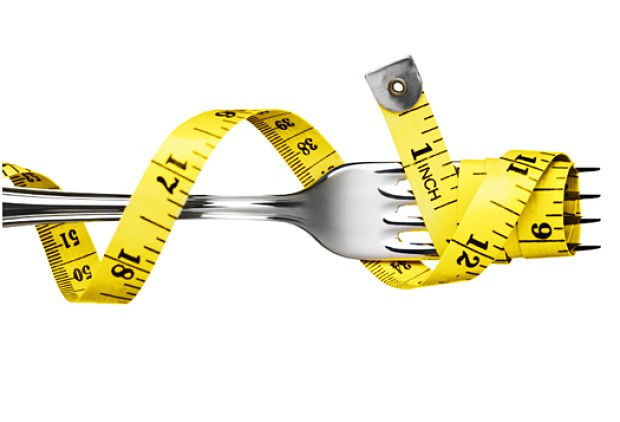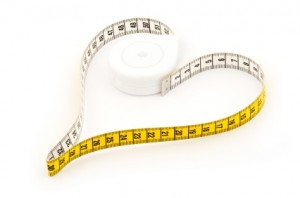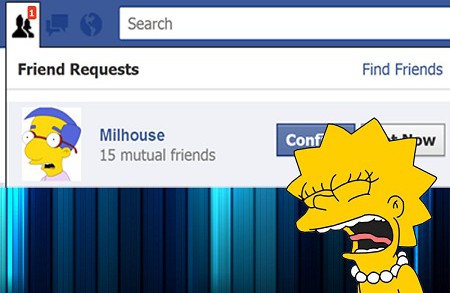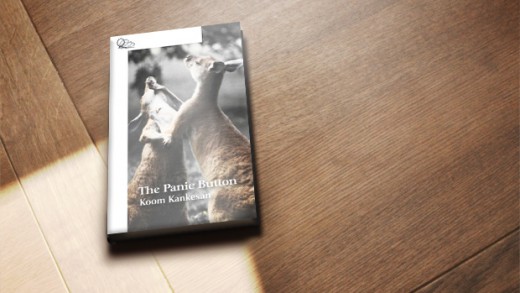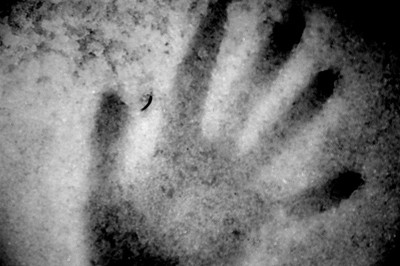If you’re South Asian, you know the routine – women are expected to have the perfect figure. Sometimes cultural expectations send the overwhelming message that it doesn’t matter what your personality is like, it doesn’t matter how hard you work. Sometimes, it seems that all that matters is whether you are too big or too small.
Body image plays an important role in our community. It’s the first thing that aunties and uncles comment on. It’s what they see and also what they never seem to be able to forget. It’s one thing to make an observation, and another to voice it. By telling you what they think, they’re trying to accomplish one of two things. Either they are trying to wash away their own insecurities of how they feel about their own body, or they’re trying to help you – trying to make you better and possibly healthier than you already are. Of the two, I try to believe in the latter.
They are trying to help you. On some level, it is nice of them to care and show concern. However, what they don’t realize is that words are not just words. The way you tell someone, the place you tell them in, and how close you are to them, impacts the way that an individual digests feedback. These comments also create a world in which a specific body image is important, meaning that in order to be accepted, you need to look a certain way.
Women are very self conscious of their bodies. According to “Transforming Body Image”, 80%-90% of women dislike the size and shape of their bodies. What are the results? Eating disorders and low self-esteem. We are all familiar with Anorexia Nervosa, Bulimia and Compulsive Overeating. These are all eating disorders that can harm our bodies and cause serious damage. These are the extremes that women go through in order to achieve the perfect body image. But eating disorders are not only harmful to your daily health, they can also be life threatening.
Close your eyes. Think about a wall. You have a hammer in your hand. You hit the wall once, and it makes a small mark. You keep on hitting it, and the mark gets bigger. Until finally – BAM! You didn’t even realize how many times you used the hammer, but you’ve made a huge hole in the wall. Now think of that wall as a person’s self-esteem. The hammer represents the unsolicited opinions of others. Without realizing what they are doing, they are breaking down the individual’s confidence, self-worth and self-respect. This, in turn, causes low self-esteem that can result in depression, substance and alcohol abuse, educational underachievement, eating disorders and even suicide.
The media plays a large role shaping what society accepts as the perfect body image. If you look at South Asian movies, although each actress is beautiful in their own way, some are favoured over others. Aishwarya Rai and Jyothika Saravanan are both world-renowned actresses who have made their mark in dozens of films. Although both women are 5’7 with gorgeous hair and excellent acting abilities, I think that just because Jyothika is on the chubbier side, she is regarded as inferior to Aishwarya and her popularity in the mainstream media is not comparable. Consequently, as soon as Aishwarya adopted a heavier post baby body, her perception and success on the world wide stage changed drastically.
“Don’t worry, fat people have kind hearts.” This is what someone said to me one day during a conversation at a funeral. When I first heard the comment, I immediately looked down while my eyes welled up with tears. Now, I look bad and feel sad for the ignorant and close minded individuals that share this sentiment in our community, The solution? Dove put it best – A Campaign for Real Beauty. We need to teach the next generation to see a person for who they are inside and not what they look like on the outside.
So the next time you see a “thick,” before you judge them, get to know them for what is on the inside and what they have to offer. Think about the impact that your comments have on another person’s health and self-esteem. When the roles are reversed, the next time an uncle or aunty tells you “Oh, you’ve put on weight!” or “Do you even eat?”, challenge them and ask them about their knowledge of eating disorders. The more they know, the less they can say.
Just remember to always keep an open mind, and appreciate that REAL beauty comes in all shapes and sizes!

 Kavitha Aryharan
Kavitha Aryharan